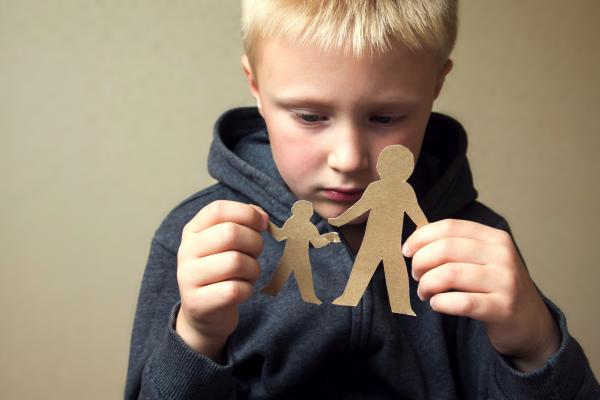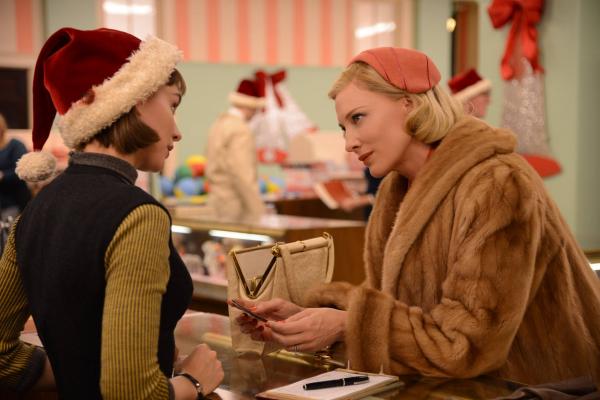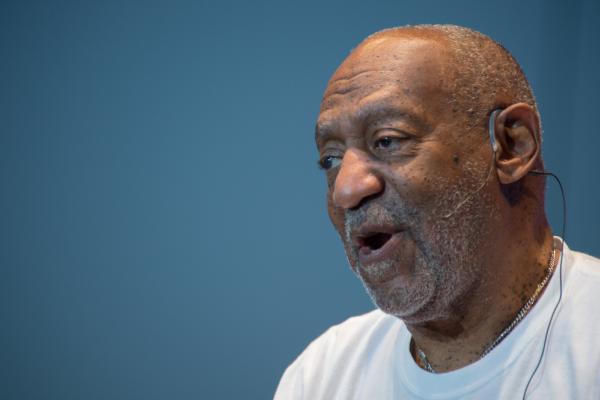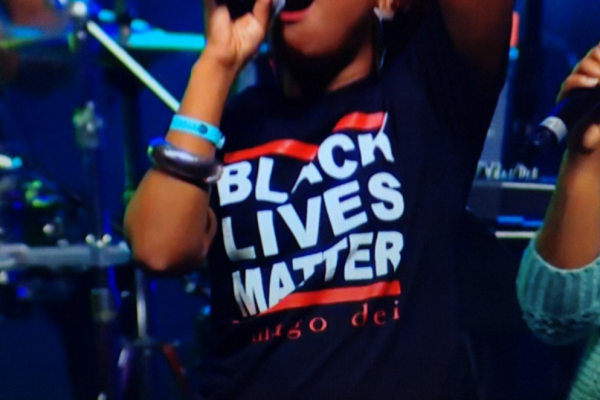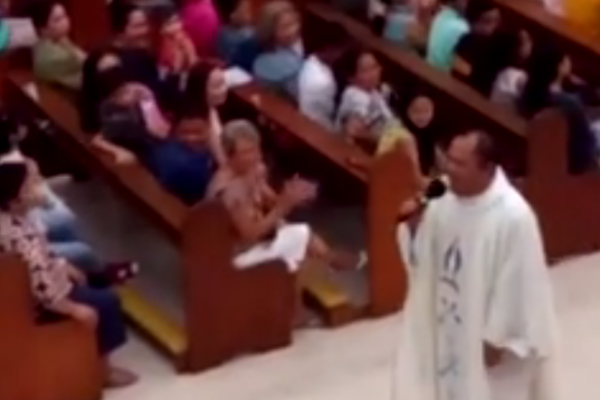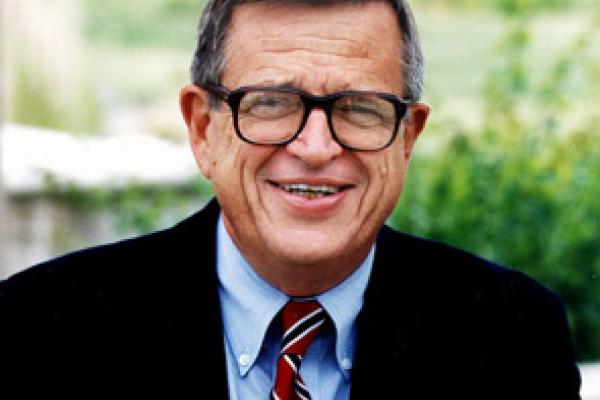There are different ways to understand the gospel's call to peace — and that's a good thing. In the last century alone, many influential Christian leaders have grappled with violence, justice, and peace, and ended up all over the nonviolence map. Where do you land? Take our quiz and find out!
Undergirding Tripp’s parenting book is a theological assumption of the nature of the child and the role of the parent. All of his chapters and discussions on methods of discipline and instruction are predicated by the framework of where the child is in relation to the parent. A good storyteller (and marketer) knows to introduce a problem in order to then supply the solution, which Tripp does successfully. According to Tripp, the problem begins the fact that a child’s heart is oriented towards evil. The solution to this problem is for parent to, acting as a representative of God, bring the child back into the “circle of blessing.”
Director Haynes and writer Phyllis Nagy (working from Patricia Highsmith’s novel The Price of Salt) understand that cinema, just like all forms of storytelling, is a window into someone else’s personal life. They tell the story of Therese and Carol’s relationship in such exquisitely realized detail, down even to the smallest carpet-fiber, that you almost feel as if you’re there yourself. When the world the characters inhabit feels so real, their experiences and emotions feel real, too — helped in large part by perfectly-pitched performances by Blanchett and Mara.
Bill Cosby has been charged for sexual assault, reports the Los Angeles Times. The charge — of aggravated indecent assault, against alleged victim Andrea Constand in 2004 — comes with an arrest warrant. Though Cosby's decades of assault came to light in a high-profile series of revelations this year, this is the first time criminal charges have been filed against the comedian. He is expected to be arraigned at 4 p.m. on Dec. 30.
InterVarsity, the evangelical campus ministry, stands in full support of #BlackLivesMatter, issuing a call this week for the nearly 16,000 attendees at Urbana to support the movement, reports Religion News Service. Urbana is a yearly conference put on by the biblical and social justice-minded InterVarsity Christian Fellowship. At the main evening session on Dec. 28, featured speaker Michelle Higgins — director of a faith advocacy group and active member of #BlackLivesMatter in St. Louis, Mo. — challenged students to listen to the movement and to have conversations about racism, even if such conversations cause discomfort.
My new year’s wish for you: That you dream. Dream boldly. Dream audaciously. And let those dreams change you and the world around you in some ways this coming year.
I know that dreamers are not viewed kindly by those who think that the world can’t be changed.
Dreamers? Ignore them. They’re fools. Out of touch with reality. They need to get real. That’s not how the world is. You can’t change it.
It’s always been that way.
Editor’s Note: A lot has happened this year, and there has been much to cover — much to lament, much to praise, and much to record into history. It has been our privilege and honor to write, edit, and read along with you. In no particular order, here are our 15 favorite stories of 2015.
Hoverboards earned a reputation as maybe the most dangerous gift for kids this holiday season, given their penchant for catching fire and inducing nasty spills. But they’re apparently also perilous for Catholic priests who get it into their heads it might be a good idea to use one during Christmas Eve Mass — while the congregants are shooting video on their smartphones.
“Oftentimes we’re in a hurry when we call others. But they felt the pope was truly interested in them,” Gabrieli told the Catholic news site Aleteia, which also reported that the boy is seven. “At that moment, they were at the center of his attention. This is what really struck them. He was asking about them; they felt he really wanted to know how they were doing.”
Even among young evangelicals, more contemporary religious thinkers — Karen Swallow Prior or Rachel Held Evans — might be viewed as more accessible. But Colson’s intense activism, which supporters contend advocated issues and not political parties, seems to appeal to some in a generation seeking a course correction from the likes of Jerry Falwell and Pat Robertson. That activism found its first expression in the ministry that became Prison Fellowship. Though Colson’s time in jail was relatively brief, he was moved by the experience and by those of the men he met behind bars.
